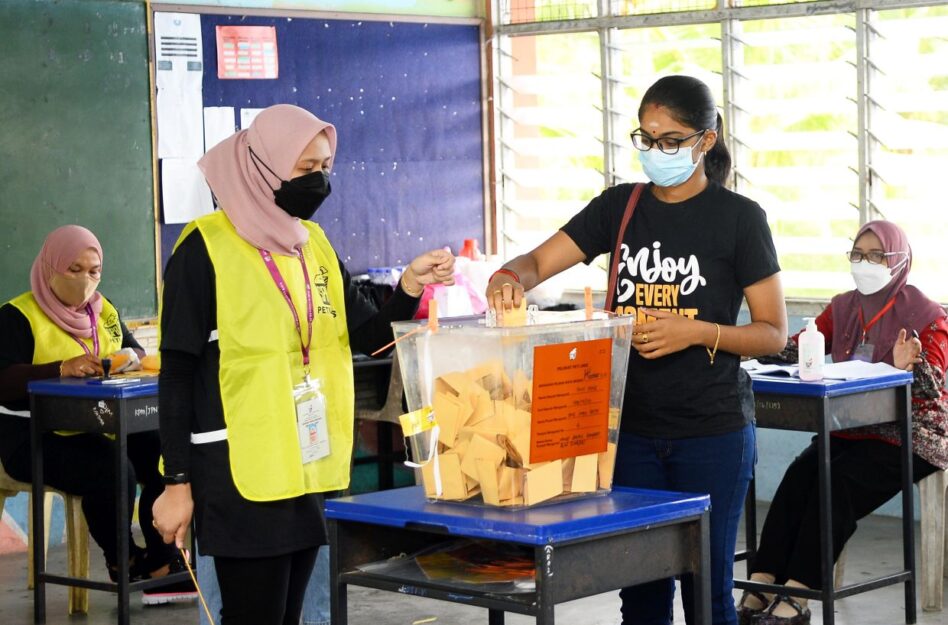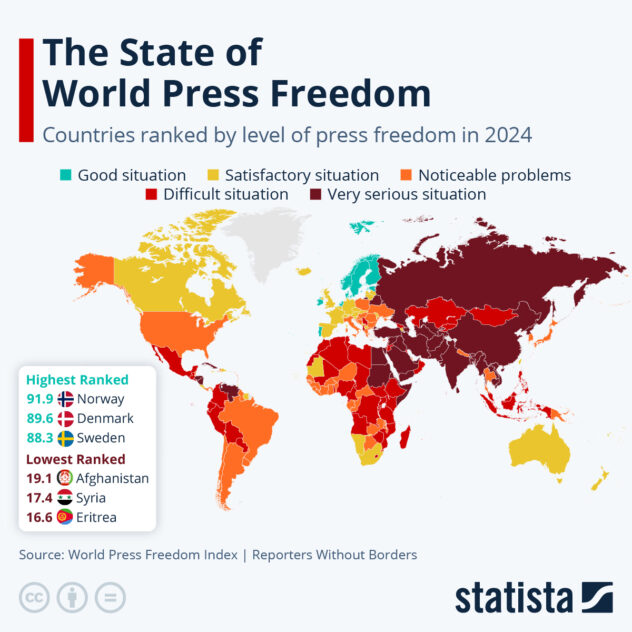By Sharina Ahmad
ONLINE delivery services for food and groceries have seen a sharp spike in orders in the first week of the movement control order (MCO) announced by the government. The MCO began on March 18 and will continue till March 31.
The overwhelming demand for such online delivery platforms during the Covid-19 outbreak has raised questions whether the operators are able to handle the huge surge in demand.
“Due to a sudden surge in orders, our operation teams are trying their best to fulfil as many orders as possible. We have exceeded our full capacity at this moment and have a seven-day backlog,” Mydin Mohamed Holdings Bhd managing director Datuk Dr Ameer Ali Mydin told FocusM.
The homegrown hypermarket chain is no longer taking orders for now but will try to ramp up stock to cater to more demand, said Ammer.
“Roughly, people are buying almost anything from our store but the primary focus is on essentials. We are increasing the number of staff and have extended our operation to 24 hours to ensure all orders are delivered on time,” said Ameer, who claimed that it has ramped up capacity by between 30% and 40%.
In taking extra precautions to ensure delivery items are not contaminated, Ammer said the company makes sure the staff do the daily cleaning and sanitisation of the store.
A spokesman for food delivery service, Grab Food, told FocusM that it will continue to take more steps towards supporting businesses and ensuring Malaysians can access “even the smallest of items” during this critical time.
“With the MCO, there is an obvious decline in transport, whilst demand for deliveries has increased. Therefore, we have onboarded tens of thousands of drivers as delivery-partners to help sustain their income while helping restaurants and merchants sustain their businesses too,” he said.
Apart from providing consumers with convenient access to daily necessities, Grab Food is also taking care of the health and safety of its staff as they continue to serve the community.
Another e-commerce platform, Shopee Malaysia, said since the start of the MCO, it has seen robust online shopping activities throughout the country, including Sabah and Sarawak and even in rural areas.
Its regional managing director Ian Ho said consumers should not buy more to than they need so there’ll be enough essential goods for all the people.
“Do note, however, that there may be a slight delay in shipment with the MCO in effect. Nevertheless, the entire logistics sector is working tirelessly to fulfil orders,” he said.
In addition to Shopee Express, most third-party logistics providers have implemented safer and simpler delivery processes to discourage prolonged contact between buyer and delivery personnel. Precautionary measures have also been taken such as disinfection of warehouses and vehicles, while temperature checks are done for workers, drivers and riders.
It also revealed that more Malaysians are now shopping online for their daily necessities such as milk powder, beverages, diapers, toilet paper, cereal, pasta and rice.
According to Tesco Malaysia, it has been doing everything it can to make it business as usual.
“But we now have to accept it is not business as usual. In the last two weeks, we have seen significant and prolonged increases in demand across all of our stores,” the giant British retailer said in an Instagram post.
“Covid-19 is bringing a change to Malaysia and it’s clear that lots of things are going to have to shift around in order to help us cope.”
Reacting to the MCO announced by the government, the company will implement some changes in its stores as well as on its online platform.
It is urging the public to limit the purchase of essential items.
Based on a report by e-commerce operations enabler Anchanto Malaysia, a fundamental pain point faced by Malaysian e-commerce shoppers is the status of deliveries; be it in delivery times and being regularly updated.
Country head Vishal Desai said in a statement that although this has been a general problem across Southeast Asia, Malaysia has faced the brunt of the problem, with the average waiting time being nearly six days.
“Often, this has led to late deliveries, which are then compounded by a lack of communication from the retailer. Hence, digitisation is the key to overcome all these shortcomings.
“This may come as a bit of a surprise with the host of digital tools now available that help e-commerce operators keep track of their deliveries,” he said.
Indeed, Malaysia’s digital maturity is amongst the highest in Asia, yet many businesses are still “digital followers”. They make very few digital investments and are only tentatively starting to make digitisation plans.
Also, businesses that wish to digitise their processes often fall behind due to the high costs of developing the technology in-house.
This highlights that many businesses are yet to fully leverage technologies for their operations, making it harder for them to fulfil customer demands with more agility.
“Yet, Malaysian consumers have raised their savviness when shopping online and are thus more discerning of where they would spend their money. It’s therefore no longer enough for merchants to provide lower prices as an acceptable trade-off, as consumers would be less price-sensitive if it helps them avoid headaches,” said Vishal. — March 24, 2020









